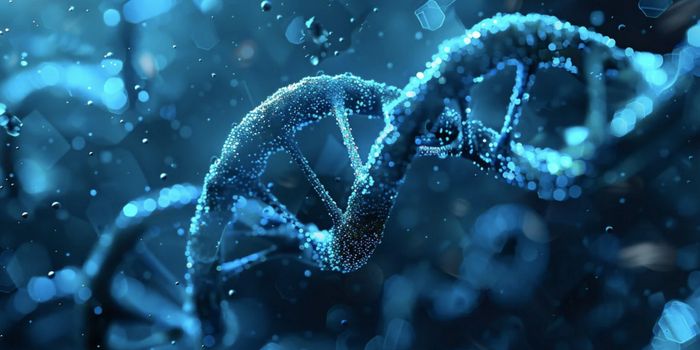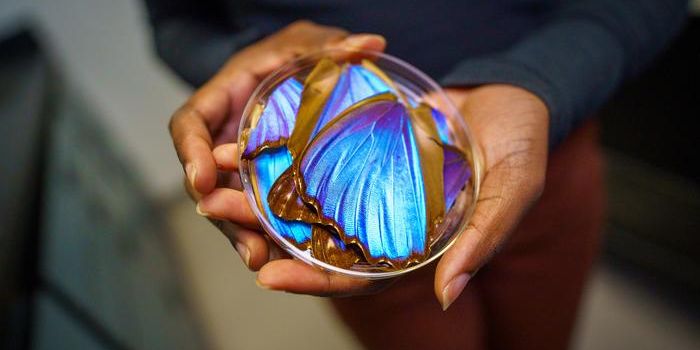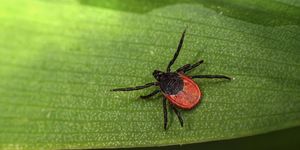Experimental Drug Can Create Targets for Cancer-Killing Drugs
Immunotherapies continue to expand the cancer treatment landscape, providing new and exciting approaches to treat tumors, particularly those diagnosed at an advanced stage with limited therapeutic options.
Many immunotherapy approaches rely on antigens , proteins found on the surface of cancer cells that can promote immune response activation. Because antigens play a role in anti-tumor immunity, and they provide a viable target for therapy due to their proximity on the outside surface of a cell, their identification aids researchers in developing new immunotherapeutic treatments. Unfortunately, the number of cell surface antigens known remains limited. Further, while antigens can be tumor-specific, some appear on healthy (non-cancerous) cells as well as tumor tissue. This makes it challenging to target therapy directly to cancer cells while sparing damage to normal tissue and may result in toxicities.
Oncogenic driver mutations arise when a DNA sequence becomes altered, resulting in cancer development. Like antigens, the identification of driver mutations can aid in treating cancer. However, in contrast to antigens, many driver mutations exist and remain absent in healthy tissues. The location driver mutations present the major limitation of their utility in drug development as most occur inside the cell, making accurate targeting a challenge.
A recent Cancer Cell report demonstrates the ability of a drug, ARS1620, to bring KRAS, a cancer-causing gene present in about 25% of cancers, to the cell surface, where it becomes targetable. While KRAS can activate anti-tumor immunity, its location inside cells prevents the immune system from recognizing it efficiently. Thus, relocating the protein to the cell’s surface significantly increases targetability.
The study demonstrates that, treating lung cancer cells with ARS1620 generates modified-KRAS proteins. In addition to creating these modified-KRAS proteins, ARS1620 facilities their relocation to the cell surface by antigen presentation machinery known as class I major histocompatibility complex (MHC class I).
The researchers then screened a massive library of human antibodies in search of one that can recognize the modified-KRAS proteins generated by ARS1620 treatment. The search uncovered a recombinant antibody called P1A4 as a prime candidate capable of recognizing the surface transported KRAS protein. Using P1A4, the researchers generated a bispecific T cell engager (BiTE), a targeted immunotherapy specially engineered to connect immune cells to cancer cells. The BiTE, called P1A4xCD3, killed cancer cells following treatment with ARS1620. Notably, P1A4xCD3 even worked on cancer cells resistant to ARS1620 monotherapy.
While this drug still requires evaluation in pre-clinical models and eventually clinical trials, this study provides evidence of a novel approach that brings otherwise hard-to-find immune-inducing proteins to the cell surface where they may prove more susceptible to immunotherapy.
Sources: Science, Cancer Cell, Cancers, Front Immunol, J Biol Chem, Nat Rev Clin Oncol









